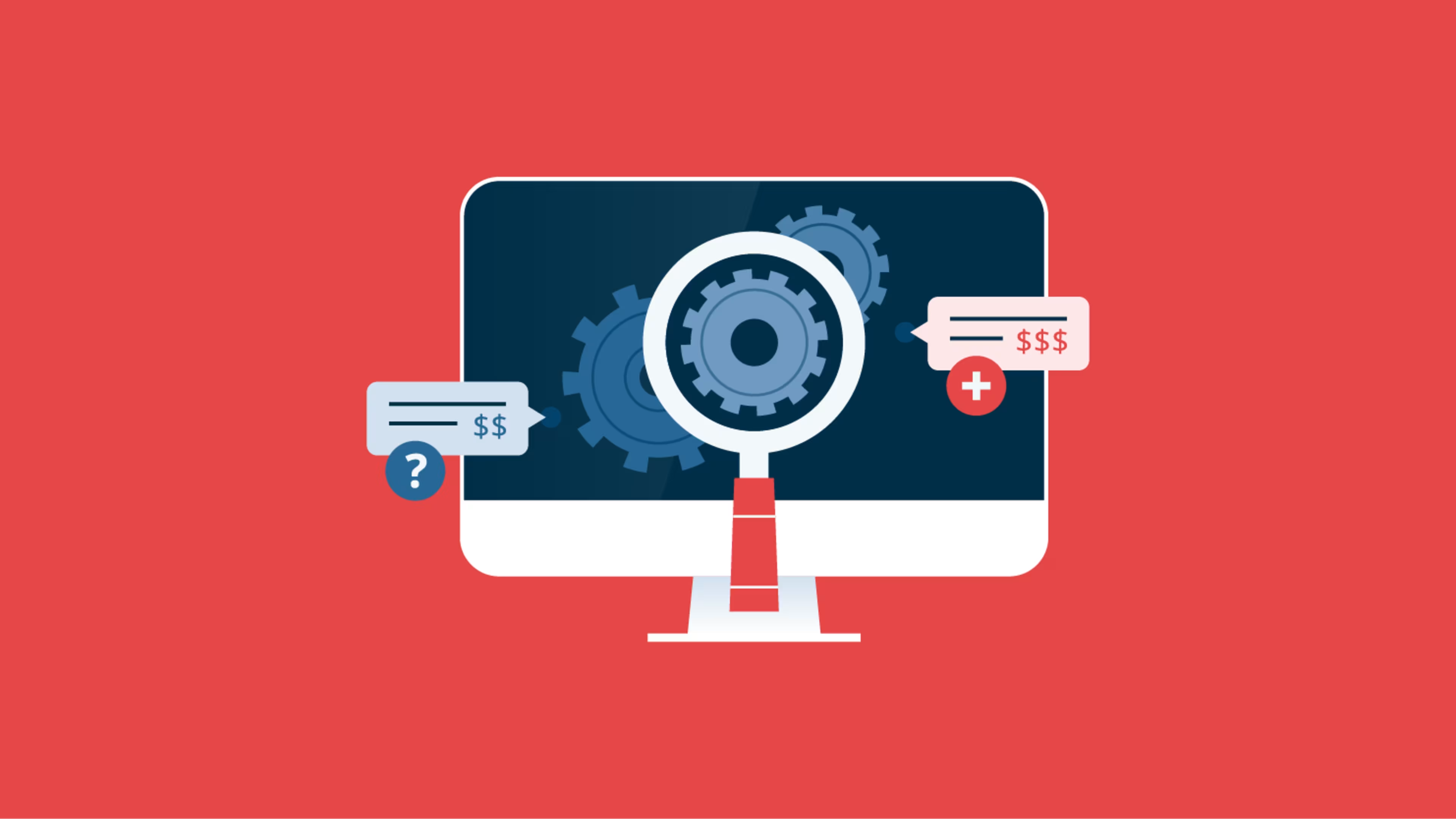In an ever-changing digital landscape, keep a pulse on new features and tools so you can proactively adopt the tech that will take your business to new heights.
After going through the software buying process, you finally did it—you found a platform that fit your business needs, budget, and stakeholder expectations. Congratulations! This is no easy feat.
However, the business needs that informed your original software search could change next year, or even next quarter, especially when unexpected industry shifts occur.
As a small or midsize business (SMB) decision-maker who is mindful of digital transformation, it’s good to know how to proactively monitor your software needs, and here are three reasons why you should always be in the market for new software.
1. Your team might outgrow your tech
This first reason is a simple one: Market shifts, industry changes, and competitor analysis aside, as your business scales and your team grows, your needs will change.
It’s important to check in frequently with your staff to understand where there are gaps and bottlenecks in your software capabilities. While your new platform may be a perfect fit today, it might be two sizes too small tomorrow, and those limitations will only slow you down.
Regularly scanning the software pool and staying clued-in on your team’s needs will allow you to pivot quickly and seamlessly when the time comes to make a change.
2. Emerging tech can give your business a competitive edge
You may have just adopted the industry leader or the most revolutionary tool, but digital transformation is constant. Another vendor may roll out a set of features tomorrow that has the potential to transform your capabilities and increase your appeal to customers.
And if it’s not you who adopts this new tool, it could easily be your closest competitor.
By proactively mapping the capabilities of emerging technology to customer needs and straggling metrics, it’s easy to determine where there is opportunity for high impact on your business. Leading-edge tech empowers businesses to offer new products or services, greatly improve current offerings, and expand their customer base.
If your competitors are taking advantage of emerging technologies that you’re not, you could be allowing them to sweep in and woo your loyal patrons. Being quick to jump on new tech could allow your business to grow into an industry leader, while allowing others to lead the way could be a detriment to your competitive edge.
3. Industry shifts can happen overnight
No one could have predicted the COVID-19 pandemic or know for certain how a recession will shake out. These market shifts have a substantial impact on SMBs across industries and require adaptability and quick thinking.
Being prepared for changes in your industry means being ready to adopt new solutions that help your business continue to meet goals and grow through uncertainty.
Having a broad awareness of the software features and emerging trends available to you allows you to pivot with ease and confidence, which might just be the difference between swimming and sinking.
Changing needs and shifting tech means staying in search mode
While you shouldn’t adopt new technology on a whim or feel insecure about data-driven software purchases, you should continually gather information that will help you confidently take the next step in your company’s growth.
Take time to regularly assess how well your software is delivering so that you’re not surprised by inefficiencies later on down the line, and make it a point to stay up to date on tech trends so you’re prepared to take advantage of new features that can help you stay agile and accelerate your growth.
Additionally, be sure to check in regularly with your software vendor to see how it is keeping up with industry trends to help you stay competitive.
